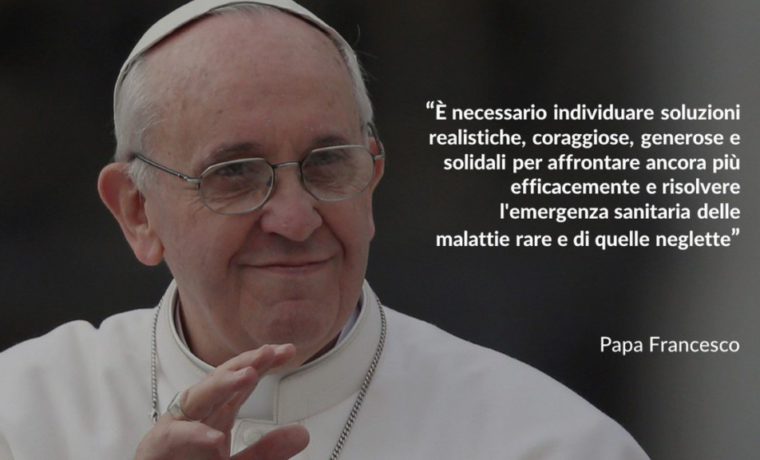To the Most Reverend Monsignor
JEAN-MARIE MUPENDAWATU
Secretary of the Pontifical Council for Health Care Workers
I wish to send my cordial greetings to those taking part in the thirty-first international conference on the subject ‘Towards a Culture of Health that is Welcoming and Supportive, at the Service of People with Rare and Neglected Pathologies’, organised by the Pontifical Council for Health Care Workers, which I thank for this initiative. I also address grateful thoughts to the memory of my much lamented brother in the episcopate, H.E. Msgr. Zygmunt Zimowski, the former President of the Pontifical Council, who returned to the House of the Father last July.
Qualified experts, from every part of the world, have come together to explore the subject of ‘rare’ pathologies and ‘neglected’ diseases in their various aspects: from the medical-epidemiological to the socio-political and from the economic to the juridical-ethical. The conference intends to engage in a survey of the present situation, as well as an identification and a re-launching of practicable guidelines for action in this special medical/health-care scenario; having as founding values respect for the lives, the dignity and the rights of patients, together with a welcoming and supportive approach; and producing strategies for care and treatment that are moved by a sincere love for the actual person who suffers – from a ‘rare’ or ‘neglected’ disease as well.
The data that are available on these two chapters of medicine are emblematic. The most recent calculations of the World Health Organisation indicate that 400 million people in the world as a whole suffer from diseases defined as ‘rare’. The scenario of ‘neglected’ diseases is even more dramatic because they affect over a billion people. They are for the most part infectious diseases and they are widespread amongst the poorest populations of the world, often in countries where access to health-care services is insufficient to cover essential needs, above all in Africa and Latin America, in areas that have a tropical climate, with insecure drinking water and deficient hygienic/alimentary, housing and social conditions.
The challenge, from an epidemiological, scientific, clinical/care, hygienic and economic point of view is, therefore, enormous because it involves responsibilities and commitments on a global scale: international and national health-care and political authorities, health-care workers, the biomedical industry, associations of citizens/patients, and lay and religious volunteers.
This is an enormous challenge, but not an impossible one. Given the complexity of the subject, indeed, a multidisciplinary and joint approach is necessary; an effort that calls on all the human realities involved, whether institutional or otherwise. Amongst them there is also the Catholic Church which has always found a motivation and impulse in her Lord, Jesus Christ, who was crucified and rose again, the figure both of the patient (‘Christus patiens’) and the physician (‘Christus medicus’, the Good Samaritan).
At this point, I would like to offer some observations that can contribute to your reflections.
The first is that if the human person is the eminent value, it follows that each person, above all a person who suffers, because of a ‘rare’ or ‘neglected’ disease as well, without any hesitation deserves every kind of commitment in order to be welcomed, treated and, if possible, healed.















Camillians on Facebook
Camillians on Twitter
Camillians on Instagram